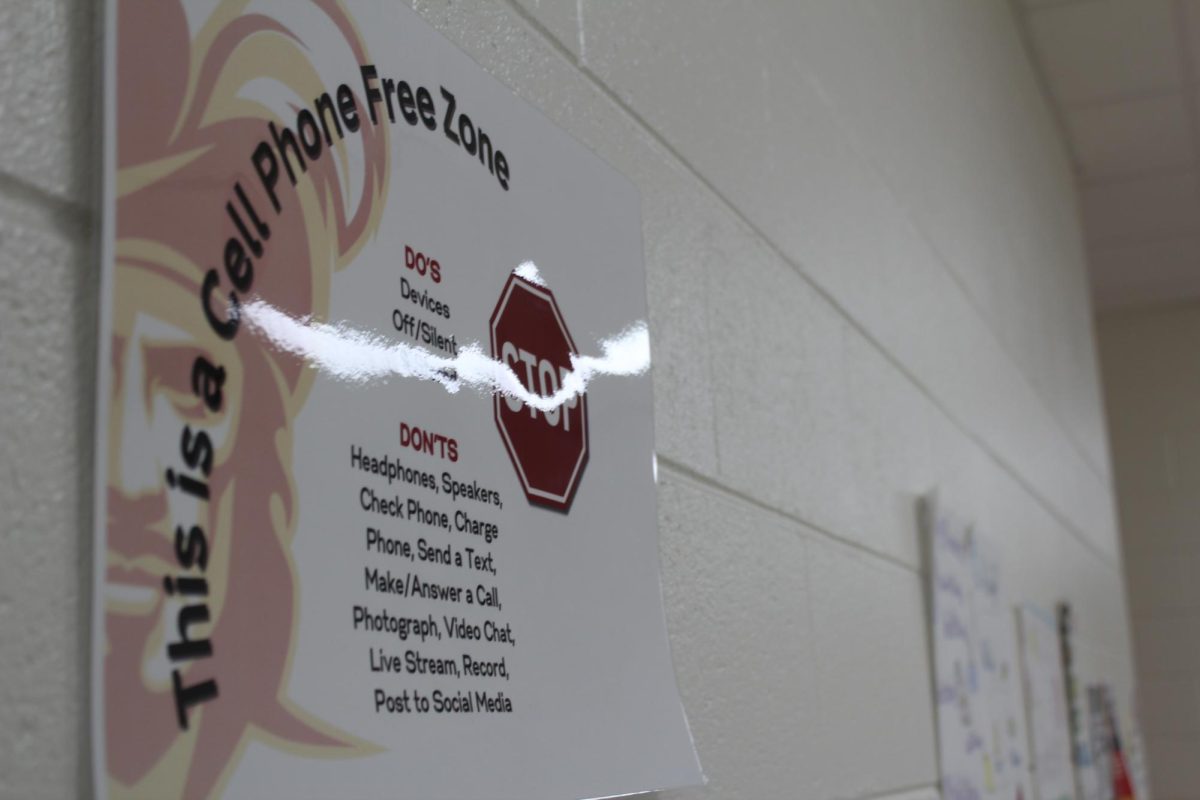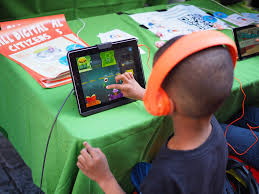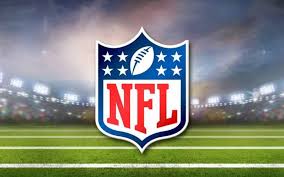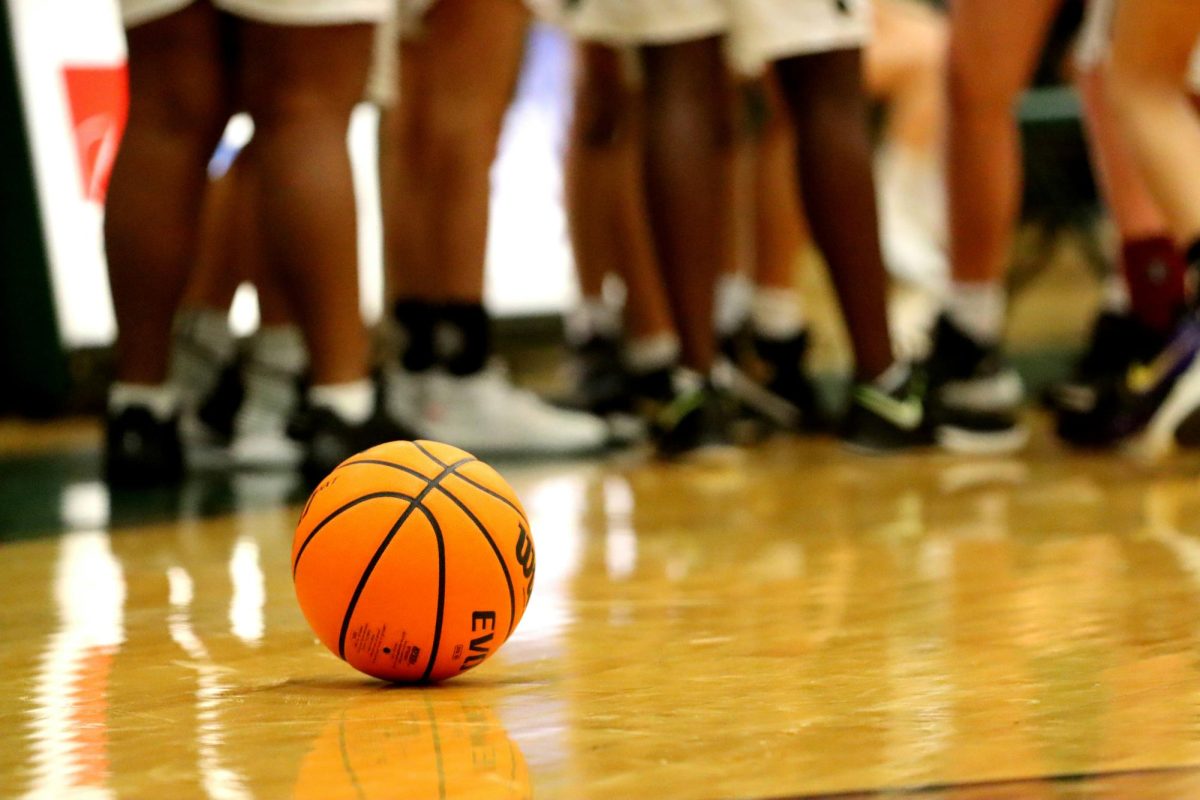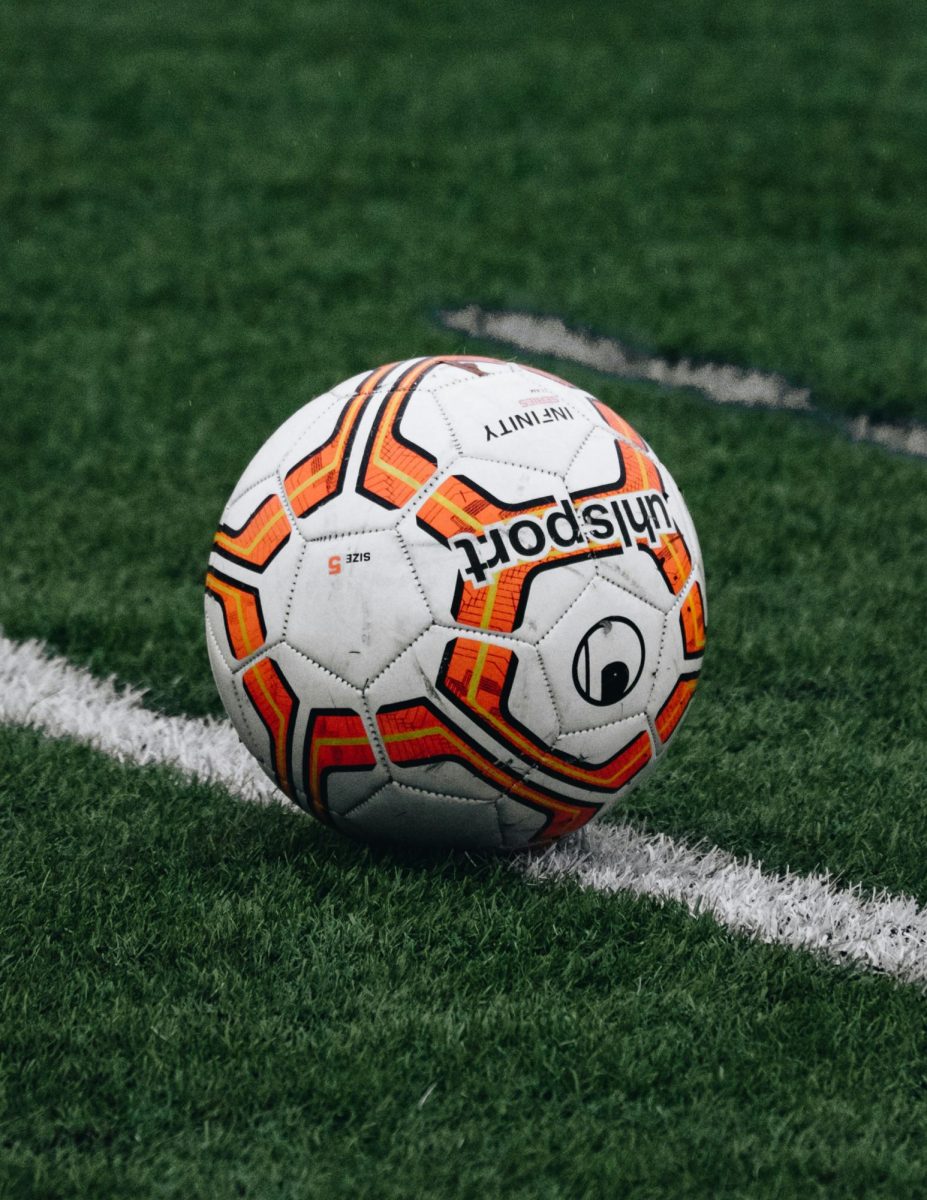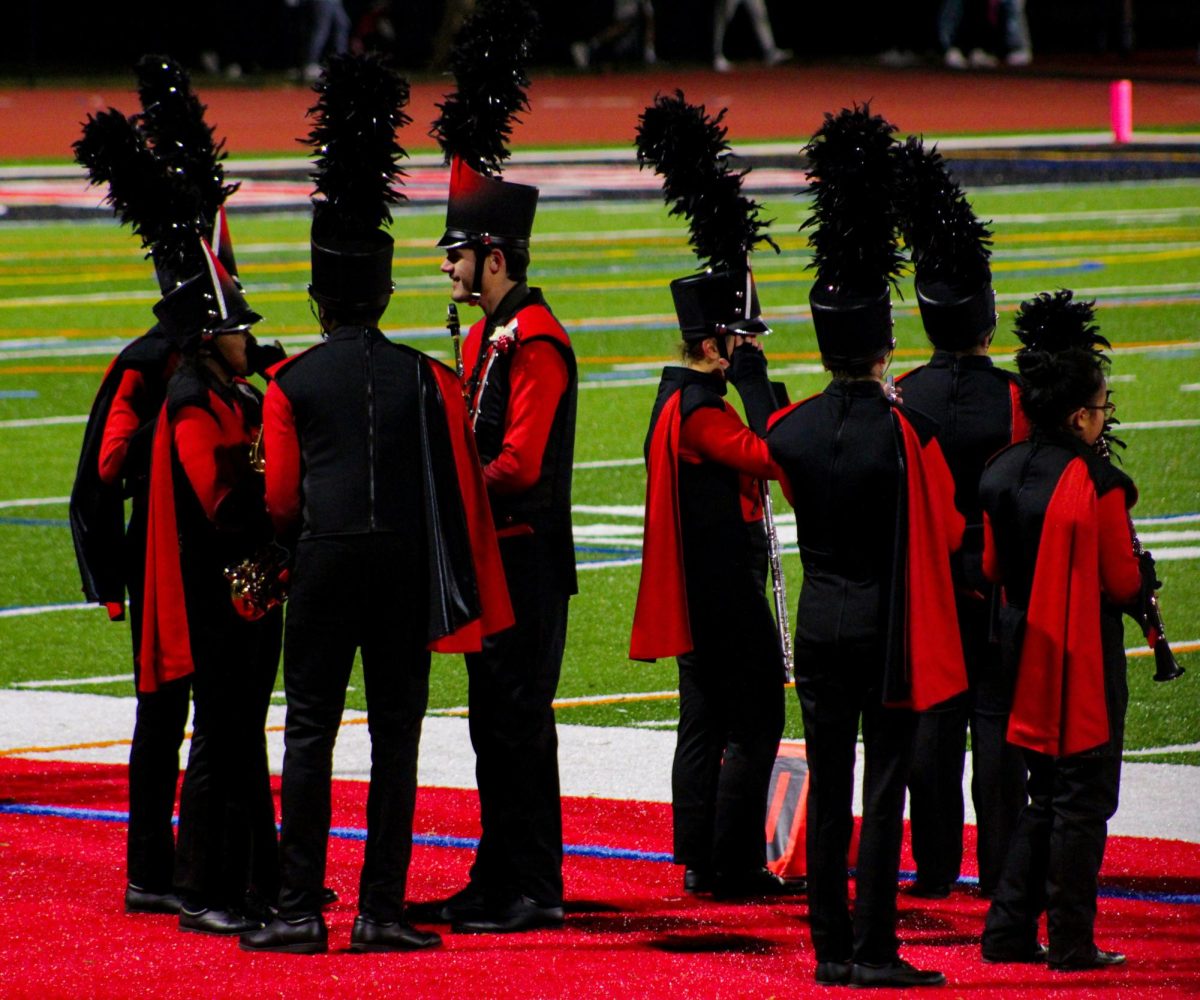Extracurricular activities at Gloucester High School are pretty popular. These activities, including clubs, sports, band, etc., can have both a positive and negative impact on students’ grades. Extracurricular activities can provide students with important skills, such as time management and teamwork, but can also be time-consuming and distract students from focusing on their academic responsibilities.
Participating in sports can positively impact students’ grades. Tyler Boulay, a baseball player at GHS, explains, “If we don’t have our grades together, there is no field.” Research states that nearly 31% of students participating in extracurricular activities have a GPA of 3.0 or higher, and 11% for the students not involved. Balancing academics with activities requires effective planning and organization. By juggling multiple responsibilities, students learn to prioritize tasks, manage their time efficiently, and meet deadlines. These skills also help with academic work, enabling students to manage coursework, assignments, etc. Extracurricular activities also foster teamwork and collaboration. Students who engage in these activities learn to work together towards a common goal. Emerson Dutton, field hockey player at GHS, states, “During hockey season, if our grades aren’t up, we don’t play.” When students are passionate about their extracurricular pursuits, those skills often bring enthusiasm and reflect on their grades. Being involved in sports can create a sense of belonging and motivation, leading to increased engagement and a desire to succeed academically.
On the other hand, some argue that sports can negatively affect students’ grades. In some cases, students may become overwhelmed with their commitments and struggle to balance their time effectively, leading to a decline in academic performance. Gus Morande, the school’s varsity baseball coach, states, “I have to trust them in this building before I trust them in the field, and that goes for grades, too.” Participating in extracurricular activities may require significant time commitments, which can lead to a lack of time for studying and other assignments. The pressure to excel in both academics and extracurricular activities can lead to stress. Students may become overwhelmed, leaving them exhausted and unable to perform to the best of their ability. Reese Miller and Rylie Jeffrey, field hockey players at GHS, describe that “during the sports season, we don’t have as much time to study because we’re at practice or games.” Students need to be able to find a balance between their extracurricular activities and academics. If students are not able to balance their extracurricular responsibilities, it can sometimes lead to challenges in maintaining good grades.
Being part of clubs can boost grades by fostering a sense of discipline and responsibility. When students engage in extracurricular activities, they often develop valuable skills like time management and multitasking. By learning to juggle club commitments alongside academics, students become more efficient and organized, which can lead to improved grades. Clubs provide a platform for students to explore their passions and interests outside of the classroom. This can spark motivation and excitement, making students more engaged in their studies. Hannah Cupp, president of the Beta Club, states, “Being in a club positively impacts my grades because I am pushed to set a standard for others.” For example, if someone is passionate about environmental issues and joins an environmental club, they may be inspired to take related courses and excel in those subjects, positively impacting grades. Shelby Bennett, a member of the Renaissance Club, explains that “Renaissance Club pushes me to have better grades and attendance.” This is because students are pushed to create a supportive and success-driven environment. By emphasizing the importance of academics and attendance, clubs aim to instill a sense of responsibility and commitment.
It is essential to acknowledge the potential negative impact of clubs on grades. Sometimes, students might become overly invested in their club activities, neglecting their academic responsibilities. Addy Zabicki, multisport player and club member at GHS, states, “I’m involved in six different school clubs as well as other extracurriculars, and it is hard to balance all of that while also focusing on school.” If not managed properly, excessive time spent on club commitments can lead to procrastination, lack of focus, and, ultimately, lower grades. Striking a balance between clubs and academics is crucial to ensure that one doesn’t overshadow the other.
It is important to note that the impact of after-school band on academic performance can vary from student to student. Some students thrive in the structured environment of band and find that it enhances their overall academic experience. Others may struggle to manage their time effectively and find it challenging to juggle both band and academic responsibilities. The after-school band can have a positive impact on academic performance. Being part of a band requires discipline and time management, which can help students develop important skills that can transfer to their academic pursuits. Participating in music can enhance cognitive abilities, such as memory and problem-solving skills, which can ultimately benefit academic performance.
While being part of an after-school band can be a fantastic experience, it is important to consider the potential negatives. The time and energy devoted to band rehearsals, performances, and other band-related activities can sometimes take away from the time available for studying and completing homework. This can lead to increased stress and difficulty in managing academic responsibilities. The demanding schedule of band commitments may leave little time for other extracurricular activities or personal interests. It is crucial to find a healthy balance between band involvement and academic success. Effective time management, prioritization, and open communication with teachers and bandmates can help mitigate these potential challenges, ensuring that both musical and academic pursuits can thrive.
In conclusion, extracurricular activities can have both positive and negative impacts on students’ grades. When managed effectively, these activities can enhance time management skills, impact teamwork, and lead to improved academic performance. However, if not managed properly, extracurricular activities can result in a lack of study time and increased stress, potentially negatively impacting grades. These activities can enhance skills like time management, teamwork, and leadership, which can positively influence academic performance, but if not managed effectively, these activities can consume too much time and energy, leading to decreased academic focus. Striking a balance between extracurricular involvement and academic responsibilities is key. By prioritizing and managing time wisely, students can gain the benefit of these activities while still maintaining their academic success.





